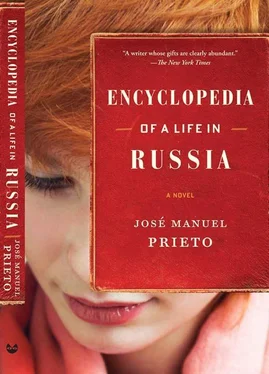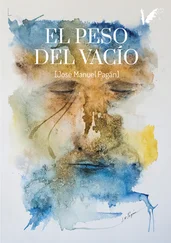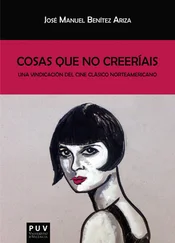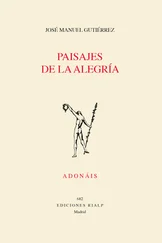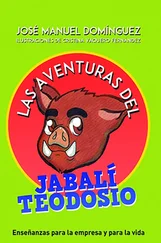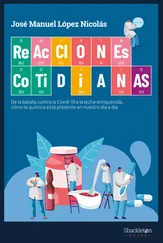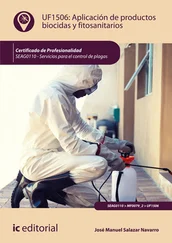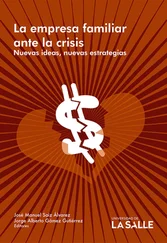Next to the Imperial Theater, I discovered a fresh face in the crowd. A specimen with sweet eyes beneath delicate brows. It might be LINDA. She moved forward without relaxing her straight shoulders, her gaze cast down, pressing a slim portfolio against her chest. I radioed my urgent message to her but she passed without detecting the signals that I, a lighthouse in deep fog, was sending out. I turned to watch her walk away. She was almost what I was looking for. Her hair.
The girl with the slim portfolio was immediately replaced by others, all equally beautiful: blondes with soft faces, sharp-profiled women with light brown hair. Standing there as they streamed by, I let myself bathe in those faces and envelop each one in a story that took shape from the point zero of a pair of lips, a gesture, the Asiatic cast of a cheekbone, a story that would flash across my mind — maritime excursions, dancing until dawn — to burn out in an instant, its mistress borne off on the waters of that human river.
LONDON DANDY, THE. To Nabokov, Onegin, Pushkin’s alter ego, is not a dandy in the pure sense of the term. In his annotated translation of Eugene Onegin (New York, 1956) Nabokov cites the following line from The Life of George Brummell Esq., Commonly Called Beau Brummell: “ Brummell most assuredly was no dandy. He was a beau. . His chief aim was to avoid anything marked,” adding, “Onegin, too, was a beau and not a dandy.” A distinction that strikes me as misguided and that seems to have been dictated by the slightly pejorative sense of the word “dandy” to the Russian ear. I don’t believe Pushkin himself would have accepted Nabokov’s dictum. His dandy-ism was as elemental as his way of breathing in French, though he did not imitate Brummell’s practice of sandpapering the silk of his brand-new suits to eliminate the shine in order to wear them with nonchalance. Pushkin’s biographers also fail to mention any invention on his part of a new type of buckle for his shoes. Nevertheless, the poet managed to coin a phrase — Денди лондонский, Dendi londonski— that would take on singular importance for his cold country, the extension of Asia. And that fact is of greater weight and consequence than Beau Brummell’s innocent shoe buckle. It was a title of nobility, the iron cross sported by those who boasted of belonging to the species homo occidentalis, the Russian zapadniki (or Westerners). (Technically PETER I was the first zapadnik and arbitrum elegantiarum of Eurasia. Not content with shaving the boyars’ beards and dressing them in European fashion, he was led by a pure and metaphysical dandy-ism to build a city for himself in much the same way one orders a bespoke suit.) This homo occidentalis disappeared into the depths of the Gulag toward the end of the 1920s and reappeared, intact, during the thaw; this time beneath the inoffensive aspect of Moscow’s stiliagi, a tribe of Apaches who greased their hair and wore pointed shoes, all of them deserters from the clearing of the Virgin Lands.
I do not know whether Nabokov — another authentic specimen of homo occidentalis who was traveling across the American Midwest in a beautiful PACKARD driven by his wife during that period — greased his hair or wore tortoiseshell glasses. But I take it for granted that he was very well acquainted with the memoirs of Avdotya Panaeva. I read them because they offer curious glimpses of the figures who visited her salon (a young F.M., madly in love with the hostess, Turgenev and Chadeyev, each the epitome of the dandy). Panaeva writes that, as a girl, she once saw Pushkin at the opera. Nothing in her description of him supports Nabokov’s assertion that Pushkin would have avoided “anything marked.”. . однажды, в театре, сидела я в ложе с сестрами и братьями и с одной из теток. Почти к последнему акту в соседнюю ложу, где сидели две дамы и старичок, вошел курчавый, бледный и худощавый мужчина. Я сейчас же заметила, что у него на одном пальце надето что-то вроде золотого наперстка. Это меня заинтересовало. Мне казалось, что его лицо мне знакомо. Курчавый господин зевал, потягивался и не смотрел на сцену, а глядел больше на ложи, отвечал нехотя, когда с ним заговаривали дамы по-французски. Вдруг я припомнила, где я его видела, и, дернув тетку за рукав, шепнула ей: “сзади нас сидит Пушкин”. Я потому его не сразу узнала, что никогда не видела его без шляпы. Но Пушкин скоро ушел изложи. Более мне не удалось его видеть. Уже взрослой я узнала значение золотого наперстка на его пальце. Он отрастил себе большой ноготь и, чтоб последний не сломался, надевал золотой футляр. Once I was sharing a box at the opera with my sisters and one of my aunts. Before the last act, a slender gentleman, very pale and with curly hair, made an entrance into the neighboring box. Immediately I noticed a kind of golden thimble on one of his fingers that greatly intrigued me. Moreover, his face seemed familiar. The gentleman with curly hair yawned and stretched, gazing at the other boxes, paying no attention to what was happening onstage, and answering listlessly when the ladies spoke to him in French. Suddenly, I remembered where I had seen him. I tugged at my aunt’s arm and whispered: “We have Pushkin behind us.” I hadn’t recognized him because it was the first time I’d seen him without a hat. After a while Pushkin left the box and I never saw him again. As an adult, I learned what he used that thimble for. He had let the nail of his pinky finger grow long and used the golden thimble to protect it.
MAGNUS, ALBERTUS. At seven p.m. I proceeded downstairs to the Astoria’s restaurant to finalize the details of our dinner. I found the waiter who would be serving us that night in the kitchen, shining his shoes. He answered to the alias of RUDI and I spoke with him a while to make sure he would know how to play his role. He listened to me with his face turned toward the floor, spying on me through his thick eyebrows: RUDI, a HAM of the Transcaucasus. In the dining room, I showed him a table for six next to a large window and told him I expected a fresh tablecloth. I removed a heavy candlestick from the center of the table and in its place arranged pieces of glass fruit next to every setting. For the time being, only LINDA and I were on the guest list, but it’s an easy matter to assemble six people around a table in the Grand Duchy of Muscovy: Russian spontaneity.
I. Back in the lobby — hands in my pockets — I was struck by one of those flat, two-dimensional mannequins made from a photo blown up to life size that a travel agency was exhibiting in the corridor. It seemed to be part of a campaign to promote tourism in Southeast Asia. The model’s makeup was powerfully exotic: a white mask, pale as plaster, lips of the most vivid violet, a penciled-on beauty spot. From afar, the woman seemed to be offering something (a pair of tickets?) in her extended right hand. As I approached the mannequin I bent forward to study it, my eyes fixed on its eyes, which were staggeringly realistic. In the dim light of that hour, they had the translucent green of those unfathomable human gazes in which we lose our way, wavering between the eyes and the point of light reflected within them, or else they were as vacant as the holes that serve as the eyes of a fairground colossus, filled in by the faces of tourists who are the iris and the pupils. I discovered that what she had in her hand was one of the heavy knobs to which the hotel’s room keys were attached, and immediately the smiling girl became a Japanese reminder placed there by the hotel management to admonish forgetful guests who would sometimes leave the hotel still carrying their keys. Calmer now, I lowered my eyes and brought them to rest on her chest and its admirably lifelike flesh color (but why admirable? a mere photographic illusion). Still half-leaning toward her, I suddenly perceived a growing flutter, a slight agitation, a crinkle of printed silk, and my ear captured the faint whistle of air expanding through her breast. Then, into the heart of the mystery, breaking the shell of air that surrounded me, a vox descended and called my name: “JOSUÉ! JOSUÉ! Wake up for God’s sake!” In a flash I thought, “Yes, wake up to reality, to real life! Now, and for all time!” Shaken by this truth, I rose through the clots of air, raised my eyes and. . it was LINDA! For the love of God! LINDA! I stared at her another fraction of a second without understanding a thing, still shaken (to the very core of my being), reorganizing my hemispheres, returning the scattered blocks of consciousness to their place. Back in the lobby of the Astoria, in Saint Petersburg, in 1991, I understood that LINDA was seeking to put my nerves to the test with her disconcerting rediscovery of the polychromatic nature of ancient Greek statuary. But how many years would it be before the rest of us caught up to the daring color combination that LINDA was trying out that evening?
Читать дальше
